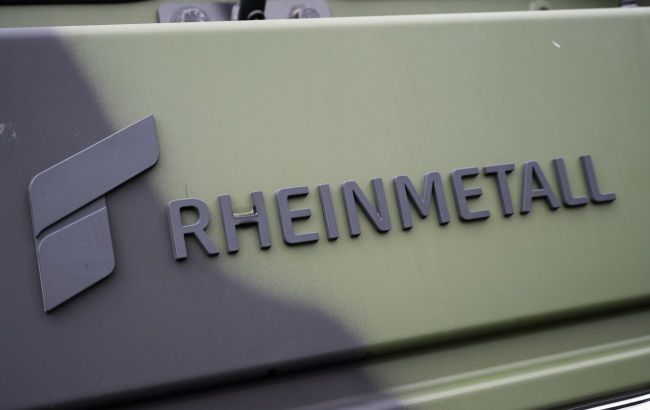German defense stocks fall due to freeze on new aid to Ukraine
 Photo: German defense stocks have fallen (Getty Images)
Photo: German defense stocks have fallen (Getty Images)
German defense stocks fell after the Frankfurter Allgemeine Sonntagszeitung (FAZ) reported that the Finance Ministry would not approve additional military aid applications for Ukraine due to budget constraints, according to Reuters.
Shares of arms manufacturer Rheinmetall fell by 3%, becoming the largest laggards in Germany's DAX blue-chip index. Shares of Hensoldt, a radar manufacturer for the IRIS-T air defense system, and Renk, a producer of tank gearboxes, declined by 6% and 4% respectively.
FAZ, citing a letter from the finance ministry dated August 5, reported that no new funding requests for Ukraine would be approved at Chancellor Olaf Scholz’s request.
Approximately €8 billion has already been allocated for military aid to Ukraine in 2024, and the €4 billion budgeted for 2025 is already overbooked.
Aid to Ukraine from frozen Russian assets
Budget plans for 2024 and 2025 remain unchanged, sources in the German government told Reuters. Planned financial aid to Ukraine will be cut in half to around €4 billion in 2025, as additional funds from the G7’s $50 billion credit plan are expected to be available starting in November, sources said.
A Hensoldt spokesperson stated that the FAZ report was "blown out of proportion" and that the company had not seen any negative impact on its business.
The German government said it plans to use income from frozen Russian assets for further aid to Ukraine in coordination with its G7 partners, instead of spending taxpayers’ money.
Negotiations over the budget among Germany’s three-party coalition were complex and lengthy, as significant expenditure needs for climate change, social measures, and infrastructure clashed with "constitutionally enshrined limits for new debt".
Last month, leaders of the Social Democrats, the Greens, and the Liberals agreed on a €481 billion budget, and only on August 16 did they reach an agreement on reducing the deficit target.

